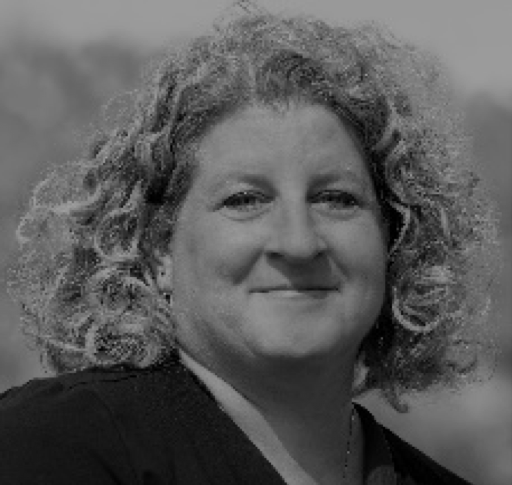Q & A with Jill Wiedemann-West, CEO
People Incorporated Mental Health Services
Master of Arts in Psychology and Human Behavior from National University in San Diego, Bachelor of Arts in Sociology and Social Work from the University of Wisconsin-Madison. Before joining People Incorporated, she was COO at Hazelden Betty Ford Foundation for 11 years.
What is People Incorporated?
People Incorporated is Minnesota’s largest community-based provider of mental health services and will celebrate its 50th anniversary in 2019. From our origins in 1969 as a church basement drop-in center for homeless veterans:
- Today, nearly 14,000 discrete clients are served annually by more than 700 dedicated employees.
- The organization has an operating budget of more than $50 million and nurtures nearly 60 programs in 40 locations throughout the Twin Cities.
- Its new Training Institute in Eagan allows the organization to expand its reach, providing virtual trainings beyond the metropolitan area. Training courses are open to mental health professionals, company leadership teams, community organizations, and the general public.
We are a one-stop shop model of behavioral care. We are committed to supporting mental health care in our community through collaboration and integration of care. The organization provides dozens of integrated services:
| · Homeless outreach
· Substance use/abuse treatment (SUDs) · Outpatient clinic services |
· Residential programs
· Children’s services · Mental health trainings, and more |
You’ve worked in mental and behavioral healthcare for more than 20 years—what motivated you to continue the work?
Helping people with mental illness requires great flexibility and creativity and for someone like me who thrives on looking for innovative ways to do things better—especially when it affects people who cannot do this journey alone—I can wholeheartedly say that this is my calling and my passion.
Mental and behavioral health issues are increasingly in the news, social media forums, and more out in the open. Are we making progress on removing the stigma?
The good news is that mental health awareness has never been more pervasive than it is today. It’s because celebrities, professional athletes, law makers, communities and people everywhere are talking and tweeting about it and saying that it’s okay to speak out. One of the most effective ways to remove the stigma is to share your story and share it often especially if you are a high-profile individual because in doing so—they provide an opportunity to start the dialogue everywhere.
Are there areas where we are sliding backwards?
I feel it is important to eliminate the confusion surrounding accessing the right care. Having a mental illness can affect everything from social relationships to housing to physical health, and successful treatment requires customized, person-centered approaches that are as unique and multi-faceted as the individuals they are built around. To stay relevant we must disrupt the status quo when we believe it will drive access, engagement, adherence or outcomes.
This event is bringing together people from care providers, insurance companies, and technology firms, all with a common cause of improved care. What do you hope to learn from your peers?
People Incorporated is always looking for ways to partner and collaborate with others who desire to improve the quality of life for individuals and families experiencing barriers to mental health and wellness. There is strength in numbers with a common cause that can influence changes in public policy and public perception. I hope we can all be a collective resource to each other.
How do you see People Incorporated leading the conversation towards better care?
In the fall of 2016, we were selected as one of eight states for a demonstration project for a U.S. Department of Health and Human Services initiative—the Certified Behavioral Health Clinics (CCBHC). I’m happy to report that it’s working very well. Basically, we will serve anyone who meets eligibility criteria and needs mental health supports. It’s a “one-stop shop” model – once a person enters the system, all of our services are available and they don’t have to go through multiple assessments and hoops to get an additional type of care. The early success of this program has just received additional funding from the Federal Government to moderately expand these services in the U.S. We’re very excited about this!


